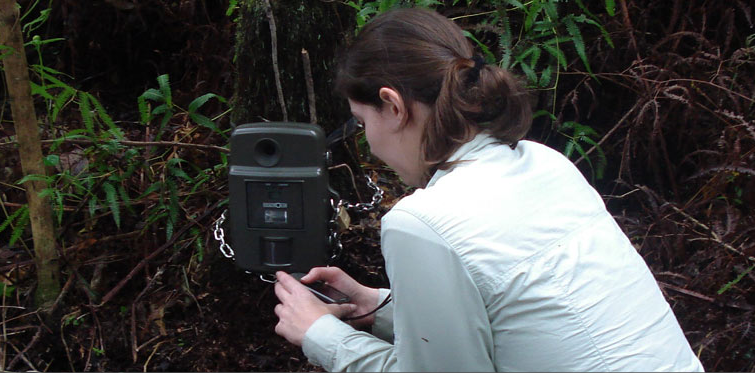A startup based in Sao Paulo, Brazil has developed an animal detection infrared system to prevent roadkill.
ViaFauna, an environmental consulting company, was founded in 2014 by Fernanda Abra and pioneered Brazil’s first ever electronic animal detection system to attempt to curb the number of collisions between vehicle and animal.

Fernanda Abra
“The scientific literature shows animal detection systems can reduce the number of collisions by as much as 90 percent,” Abra said.
There is a huge problem in Brazil regarding collisions between vehicles and fauna. During the last 30 years, deaths from vehicular collision has outpaced hunting as the number one cause of animal death in the country.
According to this BBC report, 15 animals are killed every second as a result of road collisions, which adds up to 1.3 million a day, and 475 million a year. And it affects all sorts of species; from mammals, to insects, to amphibians, to reptiles.
In addition to this, a further report explains how it is not just drivers and the individual animals which are in danger, but the epidemic will also have an effect on endangered species. Despite being described as ‘sporadic events’, it still has enough of an impact that it can seriously harm the population of some of the world’s rarest creatures.
It could have something to do with the fact that in just ten years, the amount of cars on Brazilian roads has more than doubled.
ViaFauna’s technology aims to solve this problem. The device, christened the ‘Passa-Bicho,’ focuses on both wild and domestic animals and uses infrared light to detect animals passing through. When the beam is broken, the sensor sends a signal to the post, which carries the information by radio and triggers an electronic message board, or a rotating light on top of animal crossing signs.
These posts are set to be installed around areas of high animal traffic, as well as hot spots where roadkill occurs and the signs themselves will be set up far away enough in advance that it gives drivers the chance to adjust their speed to avoid a collision.
This method is an improvement on the current simple animal crossing signs, as Abra has said, “This system is far more effective than a mere sign warning that wildlife may cross the road. When drivers see static warning signs, they never know when animals will actually cross, and so they tend not to pay too much attention.”
The prototype was trialed between June 2016 and April 2017. During this time, the device went under a number of changes, such as removing a visible light due to insect and predator attraction.
The prototype will soon be installed on the Luiz Queiroz College of Agriculture campus at the University of Sao Paulo for testing.
It’s not just in Brazil that roadkill and collisions are an issue. In the US, over two hundred and fifty thousand vehicle / animal collisions occur each year. In the UK, pony owners have painted their animals with a strip of reflective paint to cut out road deaths, something inspired by Lapland herders, who did a similar thing with reindeer antlers.
If the Passa-Bicho turns out to be a success, it could be that the technology finds an international market, and is able to reduce the more creative, if a little bit silly, solutions that others across the globe have created.





